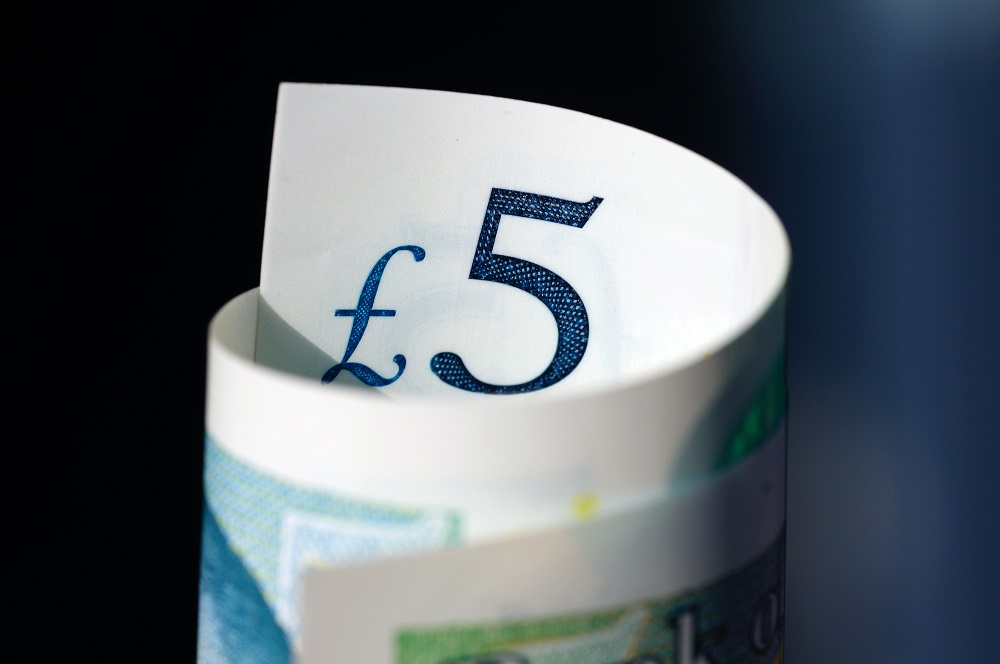The government’s Office of Tax Simplification (OTS) published a new 135 page report this week on how Capital Gains Tax (CGT) could change.
At the moment, you only have to pay CGT if you made a net “gain” on certain things you sell. Examples include personal possessions worth £6,000 or more, apart from your car; second homes; your main home if you’ve let it out, used it for business or it’s very large; business assets; and any shares that are not in an ISA or personal equity plan (PEP).
It’s typically seen as a tax on the wealthy but in reality it’s not always the case.
For example, if you worked for a startup and part of your income was paid in shares, when you come to sell those you could be liable for CGT. Similarly, if you’re selling a home that you inherited, or even had a windfall from a collectable item, you could be liable for CGT.
At the moment, you pay a different rate for different things, and the rate varies according to your salary bracket. On shares for example, basic rate taxpayers would currently pay 10% while higher rate and additional rate taxpayers would pay 20%. For second homes, the rates are 18% and 28% respectively.
You also only pay CGT on the gains portion, or the “profit” you’ve made, above an annual threshold. Until 5 April 2021 this is £12,300.
But as part of its review, the OTS proposed that the CGT rate be brought in line with income tax rates, which means a significantly higher tax bill for those affected. CGT on shares and second homes would then rise to 20% for basic rate taxpayers, 40% for higher rate and 45% for those in the highest tax bracket.
But crucially, the threshold for paying CGT could be brought down to between £2,000 and £4,000 a year, meaning more people could be affected by the change.
Of course, it’s all an academic exercise right now given we don’t know precisely what changes will be made, but it’s worth reviewing your position nevertheless. A good tax accountant or financial planner could be invaluable if you think you might be liable for a significantly higher bill if and when things change.




